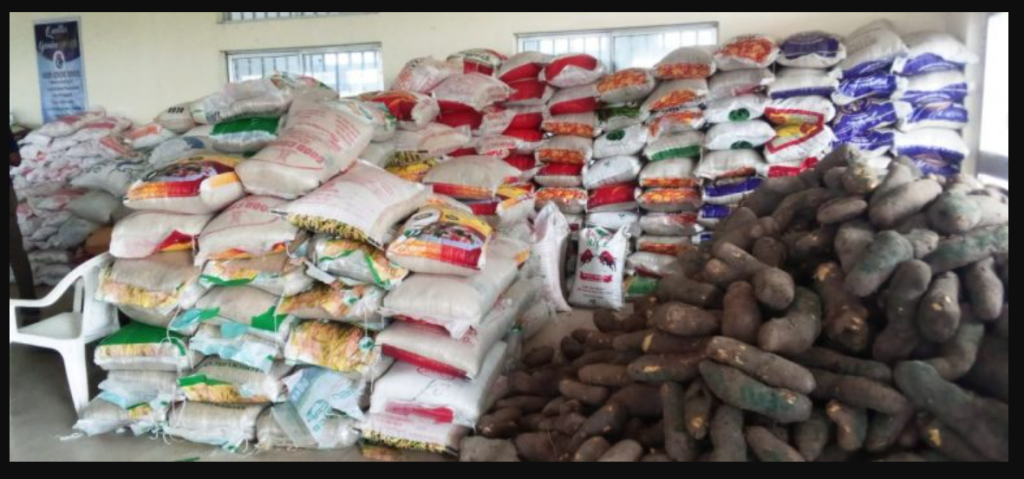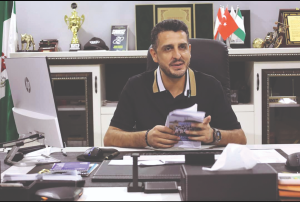
MISSED THIS? Rejecting Palliative-Only Governance in Nigeria

There’s a well-known Chinese proverb that resonates with both modern economists and visionary leaders: “Give a man a fish, and you feed him for a day. Teach him how to fish, and you feed him for a lifetime.”
The policies a government adopts reveal its true intentions towards its people. Good governance fosters growth by creating opportunities that empower citizens to thrive independently—through strategic investments in education, health, critical infrastructure, and productive sectors. Temporary reliefs, like bailouts or subsidies, can help in times of crisis, but they should serve as catalysts for long-term empowerment rather than perpetual reliance.
In October 1995, when General Sani Abacha’s administration raised petrol prices, he established the Petroleum Trust Fund (PTF) to channel funds from fuel price increases into rebuilding critical infrastructure. Under the leadership of then Major General Muhammadu Buhari, the PTF embarked on vital projects that improved roads, hospitals, and schools. Although it wasn’t without its flaws, the PTF illustrated how reallocated funds could be used to create meaningful social and economic impact.
Fast forward to recent times, and the nature of government palliatives has shifted dramatically. Instead of investing in productive sectors, initiatives like “School Feeding,” “Trader Money,” and “Conditional Cash Transfers” have replaced long-term solutions with short-term reliefs. While these efforts may offer temporary comfort, they fail to tackle the roots of economic inequality and underdevelopment.
President Bola Tinubu’s approach has continued in this direction. With the removal of fuel and electricity subsidies, there were promises of Compressed Natural Gas (CNG) mass transit and affordable grains, yet much of this remains unfulfilled. Without strategic reinvestments, such reforms risk becoming mere exercises in temporary relief rather than solutions aimed at sustainable economic transformation.
As a responsibility and sustainability driven company, CSR Reporters hereby recommends that palliatives should not be a governance model; they are emergency measures. True reform, particularly in the context of subsidy removal and currency adjustments, must involve reinvestment in the productive sectors to build resilience, employment, and wealth creation. Economies thrive not through handouts, but by empowering citizens to create value, drive growth, and sustain themselves.
Any government truly committed to CSR and sustainability should address these issues holistically. Economic policies should be directed at creating resilient communities where individuals can sustainably support themselves, reducing dependence on handouts. Supporting agriculture, encouraging small and medium enterprises, and investing in green energy are ways the government can enable self-reliance while fostering a cleaner, more sustainable future.
Distributing rice or cash 15 months after subsidy removal is merely “giving a fish.” What we need are investments that teach people “how to fish,” empowering communities with the resources and knowledge to become economically independent. Let’s move away from palliative governance and towards policies that truly uplift and sustain us as a nation.









